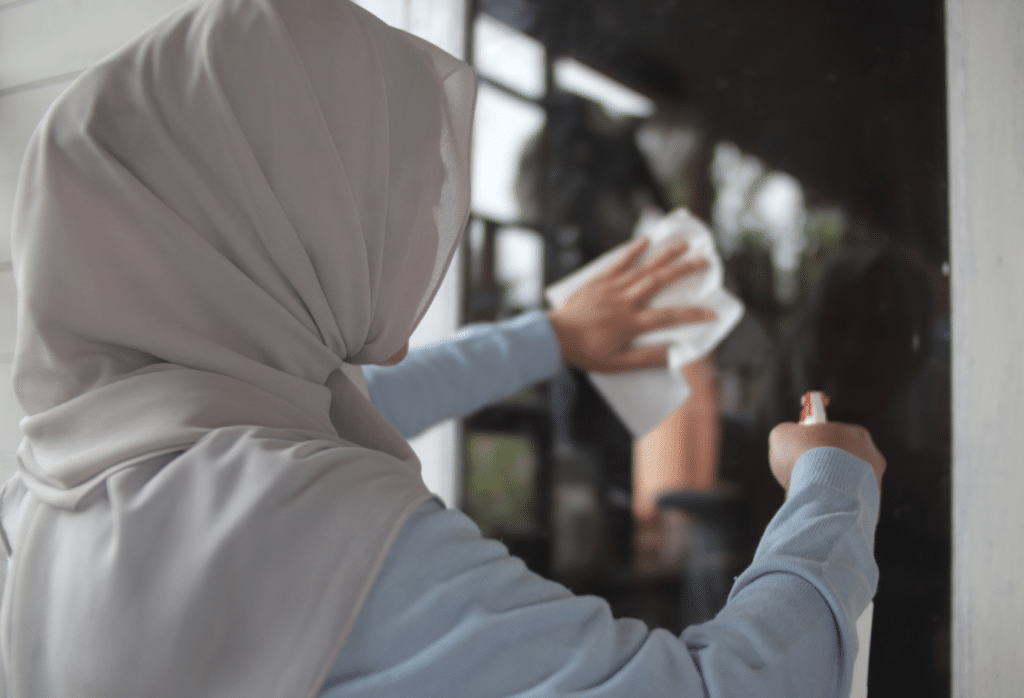Almost fifty per cent of migrant and refugee women in Australia have experienced sexual harassment in the workplace in the last five years, a new national study has found.
The study, released this week by Australia’s National Research Organisation for Women’s Safety (ANROWS), surveyed more than 700 women and is the first national study to examine migrant and refugee women’s experiences and responses to sexual harassment.
It found that women who were working in temporary or casual roles were more likely to experience workplace sexual harassment and that many believed their race or religion were motivating factors for the harassment.
Almost 40 per cent of respondents said that they didn’t tell anyone about the sexual harassment, fearing retribution. A third of victims said they were threatened or warned not to report the crimes.
Padma Raman PSM, CEO of ANROWS, believes the study highlights the “compounding forms of discrimination” faced by migrant and refugee women in the country, and that these forms “cannot be separated.”
“The reality is that for many migrant and refugee women who experience sexual harassment, it is not only sexist, but racist,” Raman said.
“We must consider how all women experience sexual harassment in the workplace, recognising that race, gender identity, religion, sexual orientation and ability, as well as sex, all intersect.”
Raman wants to see a more concerted effort to address the experiences of all women who experience sexual harassment in the workplace.
“[We need to] recognise that migrant and refugee women have unique experiences that require unique solutions,” she said.
Other leading experts believe that a diversification of strategies is needed to address the issue. The study’s lead researcher Professor Marie Segrave from the Monash Gender and Family Violence Prevention Centre stressed the importance of asking migrant and refugee women about their experiences in specific ways.
“The findings reinforce the importance of paying careful attention to the conditions of work, including employment security and recognising that across Australia, women are managing unsafe work conditions that will not be improved with a one-size-fits all response,” Prof Segrave said.
Human rights lawyer and refugee, Nyadol Nyuon OAM, says the study proves sexual harassment is often marked by both gendered and racial elements.
“The results… demonstrate exactly why it’s so important to directly involve migrant and refugee women when looking to address unacceptable workplace behaviour,” Nyuon said.
“While we were able to engage a cohort of women that have previously been left out of sexual harassment research, we need to make sure that this area continues to receive funding and attention.”
Nyuon was born in a refugee camp in Ethiopia, and arrived in Australia at 18 to study at Victoria University before undertaking a law degree at Melbourne University. In 2021, she delivered an address at the National Press Club on the importance of embracing intersectionality and multiculturalism in Australia.
“Refugee and migrant women in more precarious forms of employment need a specific focus – only with continuous and rigorous research can we make sure that diverse women’s experiences are heard, understood, and addressed,” she said of the latest research from ANROWS.
With the government’s release of the Action Plans under the National Plan to End Violence against Women and Children 2022-2032, Minister for Social Services, Amanda Rishworth said that all governments are committed to ending violence against women and children within the next generation.
“The plans recognise that violence against women and children intersects with other forms of disadvantage and discrimination, and women and children from culturally diverse, migrant and refugee backgrounds can also face specific barriers in seeking help and reporting harassment,” Minister Rishworth said.
“We are building the evidence base for migrant and refugee women so we can use it to improve action to prevent and address sexual violence and harassment across different settings, and to improve community attitudes.”
Read the full ANROWS report here.
Stop the cycle of violence. If you are concerned about your behaviour, or about someone using violence, call Men’s Referral Service on 1300 766 491.
If you or someone you know is in need of help due to sexual assault or family and domestic violence contact 1800RESPECT on 1800 737 732
In an emergency call 000. Lifeline (13 11 14) and, for Aboriginal and Torres Strait Islander people, 13YARN (13 92 76)


